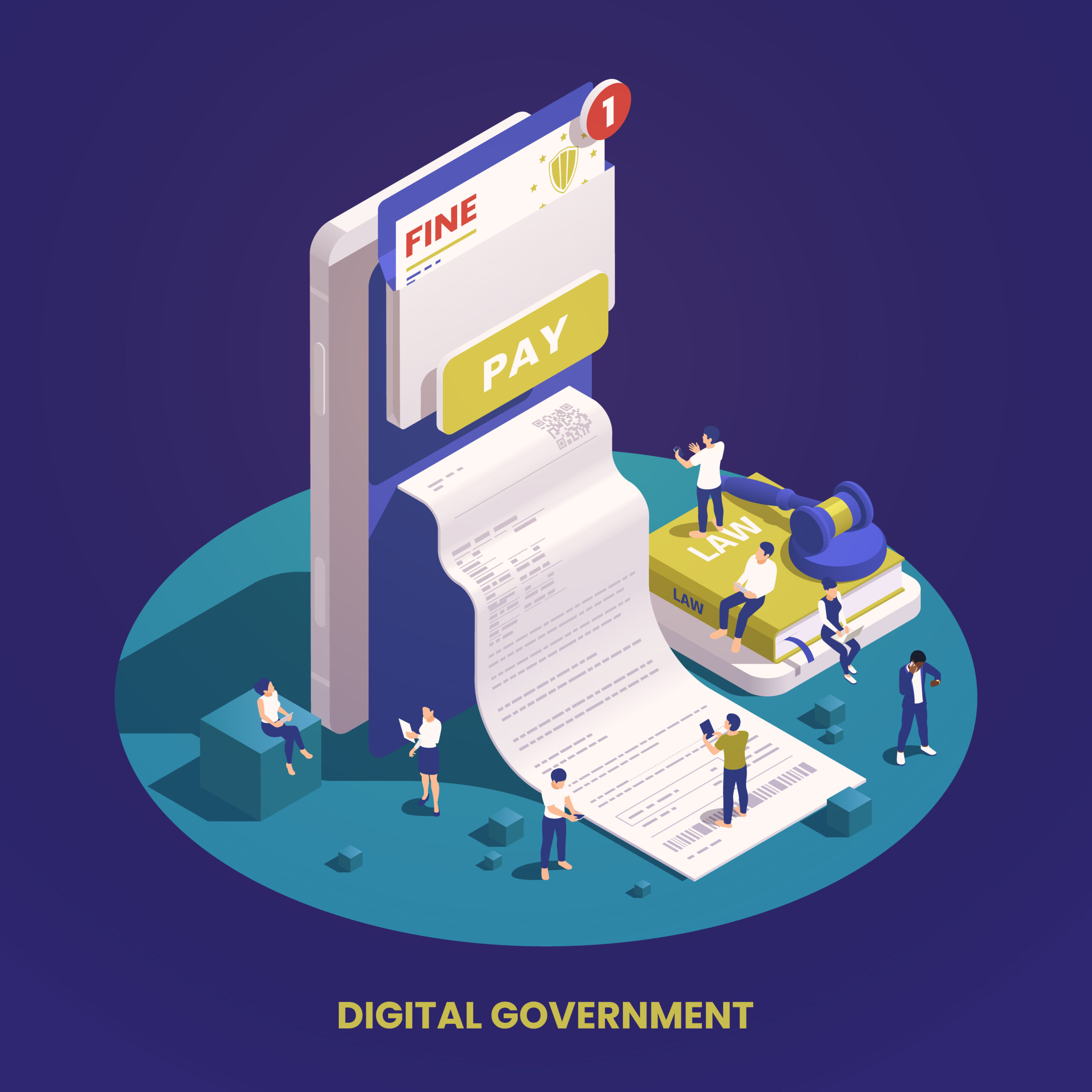As Indonesia moves forward with its Visi Indonesia Digital 2045, the country’s ambition to modernize and digitize government services is a key component of its overall digital transformation strategy. To realize this vision, Indonesia aims to develop an efficient, transparent, and secure e-government system that can enhance public service delivery, reduce bureaucracy, and strengthen trust between the government and its citizens.
Blockchain technology offers an ideal solution to these goals by creating a transparent, tamper-proof, and decentralized infrastructure that can transform how government services are delivered. By leveraging blockchain, Indonesia can build a future-proof digital government that supports the nation’s long-term development and enhances public trust in governance.
The Role of Blockchain in Modernizing Government Services
Blockchain offers several advantages for improving the efficiency and security of government services:
1. Enhancing Transparency and Trust
Government services often face challenges related to transparency and accountability. Traditional systems of managing public records and services can be prone to corruption, fraud, and bureaucratic delays. Blockchain’s decentralized ledger creates a transparent and immutable record of every transaction or data entry, ensuring that all government actions are traceable and verifiable.
For example, in public procurement, blockchain can track every step of the process, ensuring transparency in bidding and contract awarding, while reducing the risk of fraud or manipulation.
2. Reducing Bureaucracy with Smart Contracts
Blockchain’s smart contracts can automate and streamline complex bureaucratic processes. Smart contracts are self-executing agreements in which the terms are encoded into the blockchain, automatically executing actions when predefined conditions are met. This can drastically reduce processing times for tasks such as issuing permits, managing public funds, or processing welfare benefits.
By integrating blockchain with government services, Indonesia can create a more efficient system that reduces delays, eliminates paperwork, and accelerates service delivery.
3. Securing Public Records
Blockchain provides an ideal solution for securing sensitive government records, such as birth certificates, land titles, and citizenship data. Its immutable nature ensures that once data is recorded, it cannot be tampered with or altered without leaving a trace. This protects important public records from fraud, unauthorized access, or manipulation, while ensuring that data remains accurate and verifiable.
For Indonesia, securing public records with blockchain aligns with the country’s goal of creating digital sovereignty, ensuring that citizen data is protected and controlled within its borders.
4. Improving Public Service Delivery
Blockchain can significantly enhance public service delivery by creating a more efficient and secure infrastructure. From digital identities to e-voting systems, blockchain enables faster and more transparent interactions between citizens and government agencies. For example, blockchain-based digital identity systems give citizens control over their personal data, allowing them to access government services quickly and securely.
In addition, blockchain-based e-voting platforms can enhance election transparency, reduce fraud, and increase citizen participation by providing a secure, tamper-proof system for casting and verifying votes.
Blockchain Use Cases in E-Government
Several countries are already adopting blockchain to enhance their e-government services. Examples include:
• Estonia: Estonia has implemented blockchain technology across its e-governance system, securing digital identities, health records, and public services. Blockchain ensures that citizens have full control over their data and that public services are delivered efficiently and transparently.
• IDCHAIN: In Indonesia, IDCHAIN, powered by Baliola’s Mandala Application Chain, is developing a decentralized digital identity system that allows citizens to securely manage their personal data. By leveraging blockchain, IDCHAIN ensures that personal data is protected, verifiable, and accessible only with the user’s consent.
How Baliola’s Mandala Application Chain Supports E-Government Transformation
For Indonesia to realize the potential of blockchain in modernizing government services, the Mandala Application Chain offers a powerful solution. Baliola’s Mandala Application Chain provides a secure, scalable, and decentralized platform for e-government services, supporting the country’s vision for a modern, digital governance system.
With Mandala Application Chain, the Indonesian government can:
• Enhance transparency: Create traceable, tamper-proof records of government actions, improving public trust in governance.
• Streamline public services: Automate bureaucratic processes with smart contracts, reducing delays and improving service delivery.
• Protect citizen data: Securely manage digital identities and public records, ensuring that citizen data remains accurate, verifiable, and protected.
Conclusion
Blockchain technology is transforming how governments around the world deliver public services, and Indonesia is poised to leverage this innovation to realize its Visi Indonesia Digital 2045. By adopting blockchain for transparency, security, and efficiency, Indonesia can build a modern digital government that serves its citizens effectively, while safeguarding digital sovereignty. With Baliola’s Mandala Application Chain, Indonesia is well-positioned to lead the way in e-government innovation.
